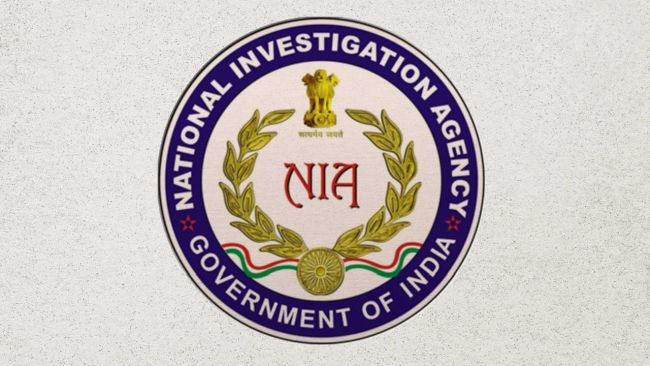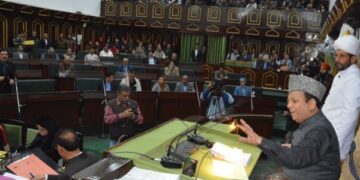Srinagar: The High Court of J&K and Ladakh has held that the Army Welfare Educational Society (AWES) does not qualify as a State and its relationship with its teachers constitutes a private contract unenforceable through writ petitions.
Dismissing a writ petition by four female teachers against their termination by the authorities at Army Public School, Udhampur, Justice Wasim Sadiq Nargal held “the Army Welfare Educational Society does not qualify as a State, and its relationship with its teachers constitutes a private contract that cannot be enforced through writ jurisdiction under Article 226 of the Constitution of India.”
The court, however, acknowledged the fact that there were no detrimental factors against the petitioner teachers that could justify their termination.
It accordingly suggested the petitioners to seek redressal of their grievances before an appropriate forum.
“This court is not inclined to exercise its inherent jurisdiction under Article 226,” said the court while pronouncing the writ petitions as non-maintainable.
The petitioner lady teachers, all in their early thirties, sought quashment of Article 132(B) and 132(C) of the red book of the Army school calling it illegal, arbitrary and against the mandate of Constitution of India besides being violative of the principal of natural justice that hits the fundamental rights of an individual.
They also prayed quashment of their termination order of February 2024 issued by the respondent authorities for being violative of the principle of natural justice.
The petitioners had passed a written test and interview. Their selection list was published in March 2022 and an army officer of the rank of a Brigadier, in the capacity of Chairman of the School, had issued their appointment orders.
However, the teachers were terminated early this spring forcing them to petition before the J&K High Court.
The petitioners said that the authorities “have failed to extend their probation period and issued the decision of their termination instead of regularizing them”.
The counsel for the petitioners vigorously contended that all petitioners had a legitimate expectation of timely confirmation, analogous to that of similarly situated teachers who have served in the same school for over 10 to 15 years.
Justice Nargal citing an apex court opinion said that employment in privately managed institutions does not confer equivalent rights to contest management decisions under Article 226 of the Constitution, particularly when the entity does not qualify as the State or an instrumentality thereof.
“Thus, the authority of courts to engage in employment conflicts concerning privately operated educational institutions is significantly limited,” he said.
“Grievances related to personal wrongs or violations of private contracts, without any public aspect, cannot be addressed through a writ petition under Article 226”, said the bench adding “judicial intervention in these instances has occurred solely when the service conditions were regulated by statutory regulations, when the employer was classified as the “State” under the expansive interpretation of Article 12, or when the activity in question demonstrated a public law element”.
The instant case involves a private contract between the Army Welfare Education Society and the teachers, which cannot be enforced via a writ petition under any circumstances. Consequently, transactions that are exclusively private in nature are excluded from the purview of writ jurisdiction, said the court.
It said “the AWES’s rules and regulations explicitly state that the petitioners’ services may be confirmed upon successful completion of the probationary period. In the absence of any adverse material, record, or reason against them, the respondents perhaps were not justified in terminating the petitioners’ services”.







